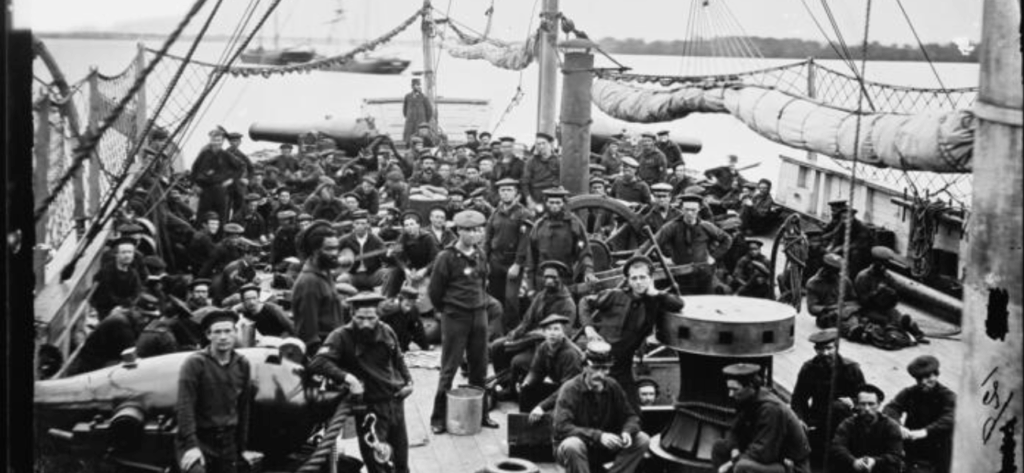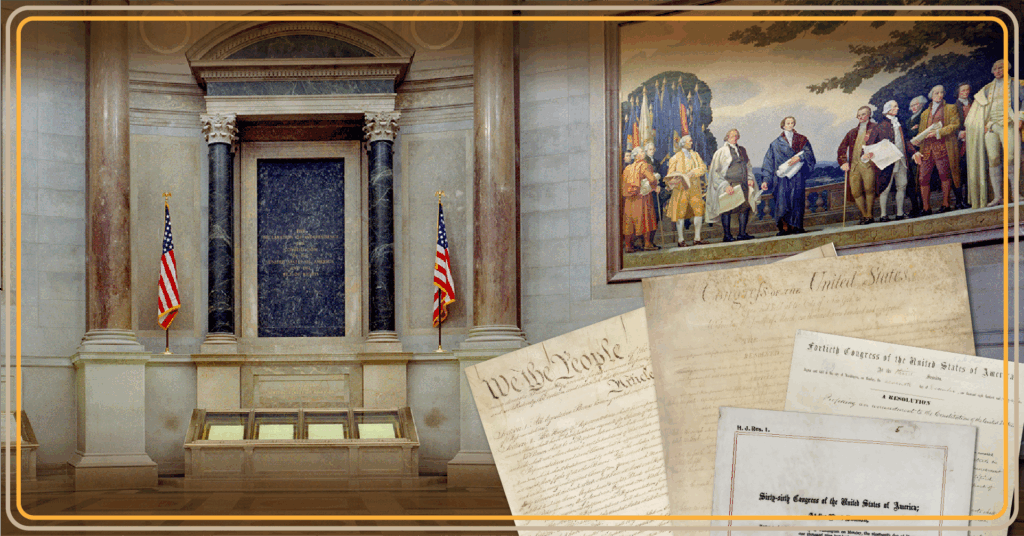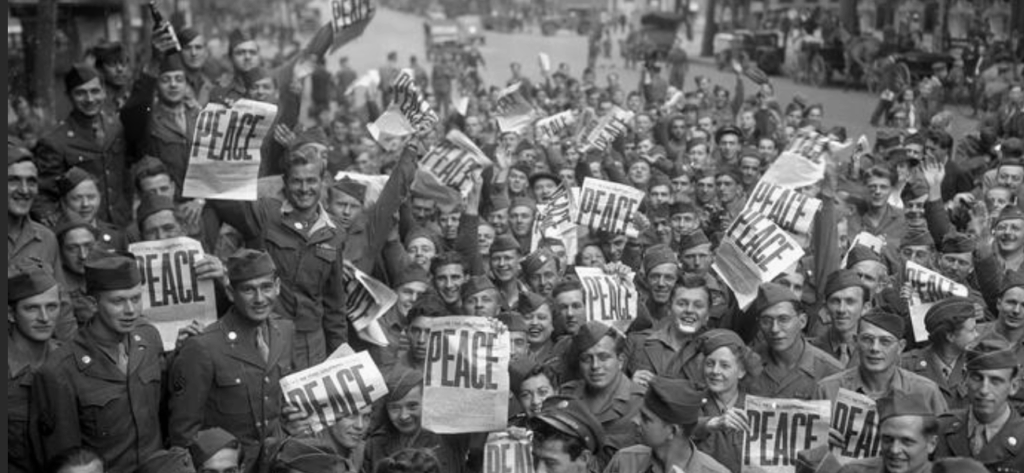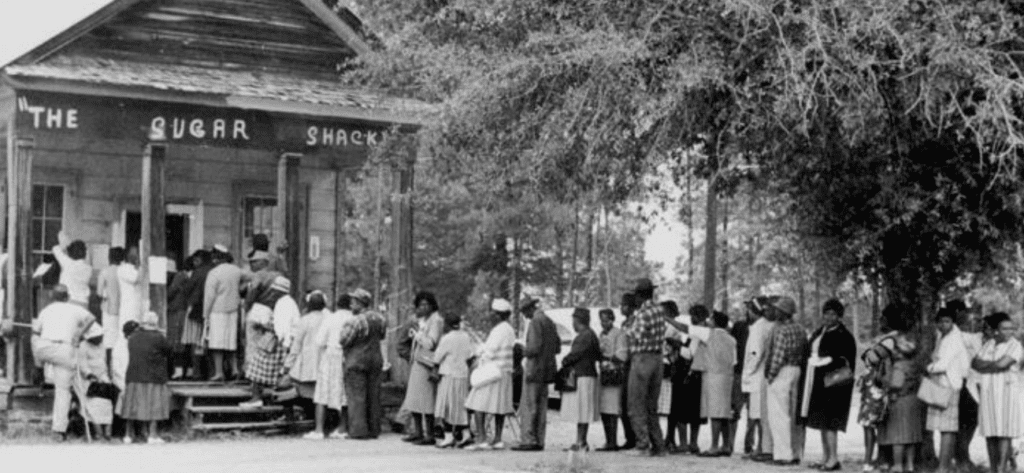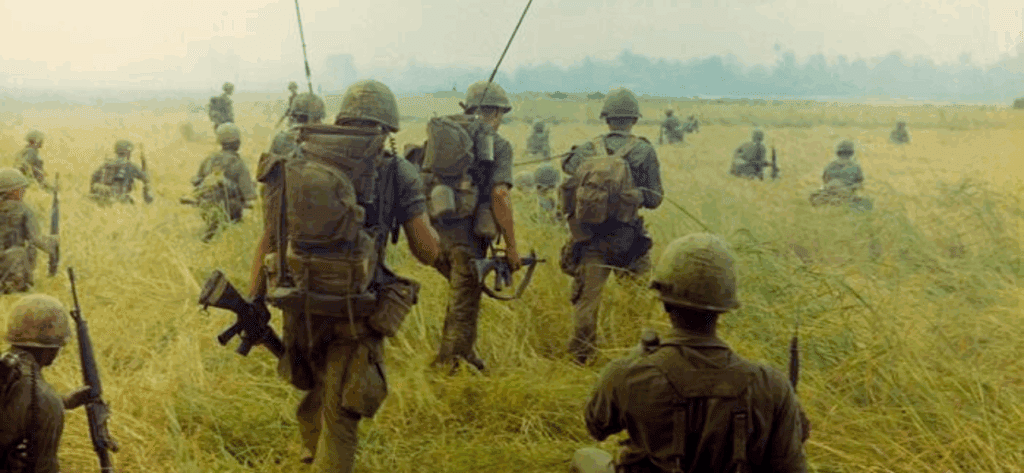Telegram Requesting Dr. Martin Luther King, Jr.’s Testimony before the House of Representatives’ Judiciary Committee on the Proposed Voting Rights Act, March 18, 1965
Dr. Martin Luther King, Jr. was a driving force behind the march that began in Selma, Alabama on March 7, 1965 to protest the violent denial of African Americans’ right to vote. On March 15, President Lyndon Johnson addressed the nation in support of the Selma marchers. Three days later, Congressman Emmanuel Celler sent this telegram requesting that Dr. King come to Washington, DC, to testify in support of the Voting Rights bill before Congress. Instead, King stayed with the marchers and gave a stirring speech at the Alabama state capitol. In large part due to the efforts of Dr. King and other civil rights activists, President Lyndon Johnson submitted the Voting Rights Act to Congress. He signed it into law on August 6, 1965.
Past Featured Records
The U.S. Navy’s long history began on October 13, 1775, when the Continental Congress authorized ships to intercept British transports as war intensified. While the Navy’s early years are preserved in muster rolls, deck logs, and service records, the Civil War saw photography more candidly capture life in the service.
Now Extended! On display 9/16/25 – 10/9/25
For the first time in history, the entire United States Constitution is on display, celebrating 250 years of American Freedom.
In celebration of 250 years of American Freedom, the entire U.S. Constitution and the original Bill of Rights is surrounded by 17 Constitutional amendments, filling the Rotunda at the National Archives in ...
World War II, the deadliest military conflict in history, ended six years and one day after the war erupted in Europe. On September 2, 1945, just four months after Nazi Germany’s surrender, Japanese officials issued an imperial order and signed a formal surrender ending hostilities in the Pacific Theater.
In the 1960s, voting rights were at the forefront of many Americans’ minds. Nearly 100 years had passed since the 15th Amendment outlawed voting restrictions “on account of race, color, or previous condition of servitude.” But threats of violence, literacy tests, and extra fees still prevented many Black voters from exercising their constitutional right at the polls.
The United States Army is older than the nation it protects and defends. Established more than a year before American independence was declared, the U.S. Army—America’s first national institution—has played a vital role throughout our history.
